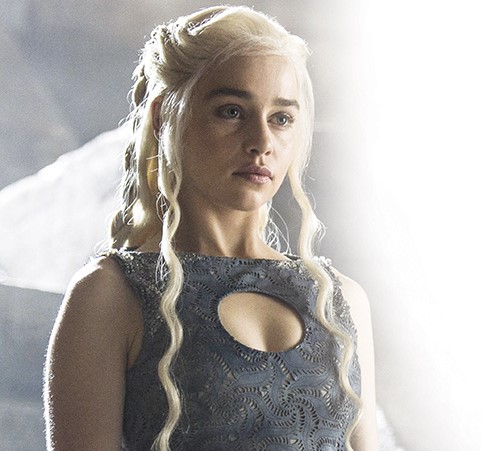By Eyal Levinter
The Epoch Times

From the Chinese point of view, the trade war officially started on July 6, 2018: The US imposed a 25 percent tax on goods imported from China worth $34 billion, and China immediately responded by imposing a 25 percent tax on products imported from the US at the same value, and the Chinese Ministry of Commerce hastened to publish in Chinese a message: President Trump has “now launched the largest trade war in economic history.”
The Chinese are in a panic, even though the greatest trade war in history is not the onethat initiated by President Trump, but the one that took place in the 1930s. Then US President Herbert Hoover imposed an average of 45 percent on goods imported to the United States from all over the world (the so-called Smoot-Hawley Tariff Act), according to Douglas Irwin, a professor of economics at Dartmouth College in the United States. Hoover raised tariffs to increase US government revenues, raising tariffs sparked a worldwide tariff reprisal war, global trade contracted by 25 percent, and the “Great Depression” in the United States worsened (the economic crisis of the 1930s).
Many fear that a similar situation will occur today. In contrast to the past, President Trump has imposed tariffs on less than 4 percent of all imports to the United States (as of this writing), and the highest tariff is 25 percent. The fact that Trump’s moves do not match President Huber’s does not mean that the trade war that Trump started will have no effect on the world economy and the political order.
Chinese economists who interviewed with us said that the trade war reminds them of the “Second Opium War” (1856), a continuation of the “First Opium War” (1839) – a war over trade rights between the United Kingdom and the Chinese Qing dynasty. The official end of the war came with the signing of a treaty that required the Chinese to allow the British free trade in the country.
When the British imperialists discovered that the Qing dynasty had not fully fulfilled its promises to allow free trade in the country, they demanded that the Chinese leadership open all of China to British merchants and companies, abolish tariffs on imports to China and set out various other requirements. Thus began the Second Opium War, which led not to a major recession or economic crisis, but to a clash between two different world-views. It shocked the Qing Dynasty, which ruled China, and marked the beginning of the fall of the imperial system that was held in China for 2,000 years.
Similarly, according to the Chinese economists, the current trade war between the US and China will force the Chinese Communist Party (CCP) to eventually change its economic system. China will need to reach understandings with the US and sign agreements that will reduce tariffs and allow fair trade. But lowering tariffs will not necessarily end the trade war. The president of the United States can claim that the Chinese are manipulating their currency (in fact he already claims that), continue to steal intellectual property from US companies, do not allow foreign companies to operate independently in China, as in the rest of the Western world, and still trade unfairly.
As long as Donald Trump continues to lead the United States, he will require the Chinese to change themselves, and change means progress toward a more sophisticated system – one that abides to the law (at least in terms of intellectual property and the activities of foreign companies in China).
If Trump succeeds, the trade war will not only alter trade balances between China and the US and other countries, but will transform existing world orders dictated by China’s Communist Party for more than two decades.

Translated from Israel Epoch Times
















